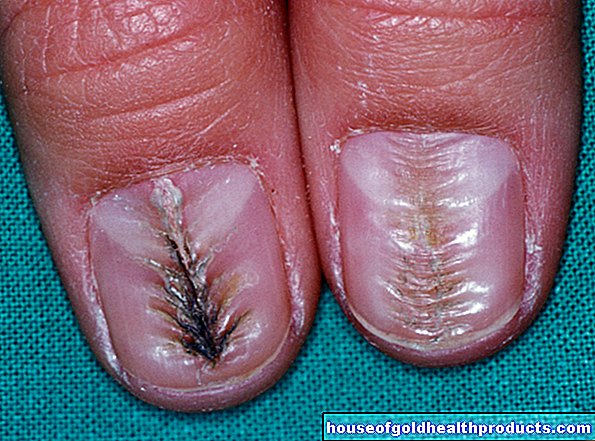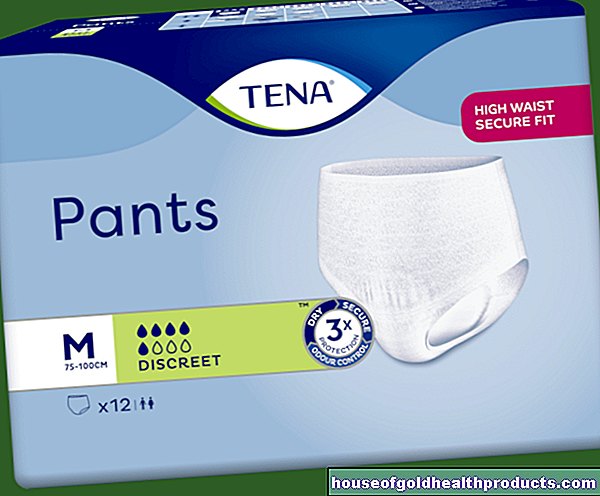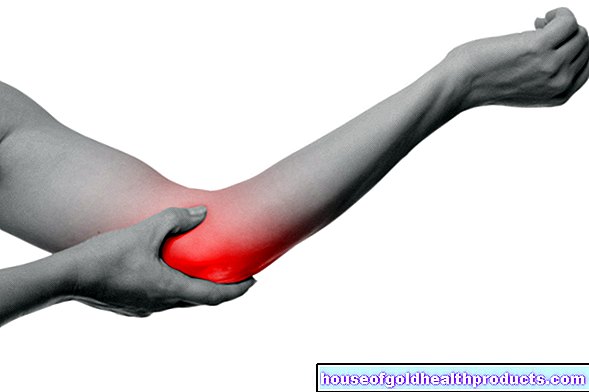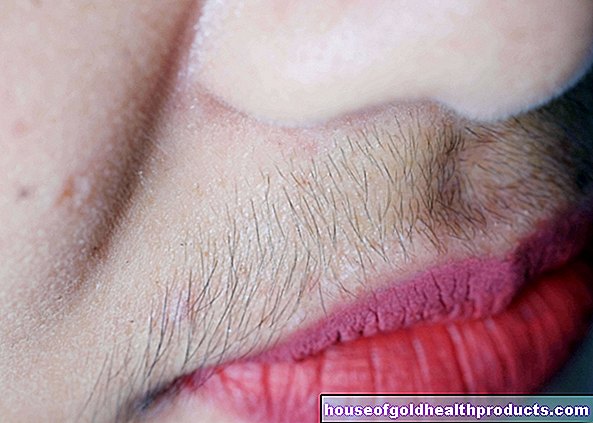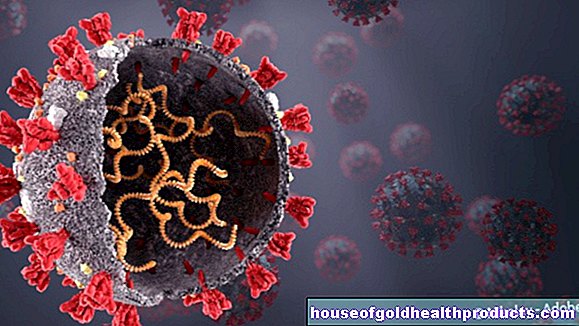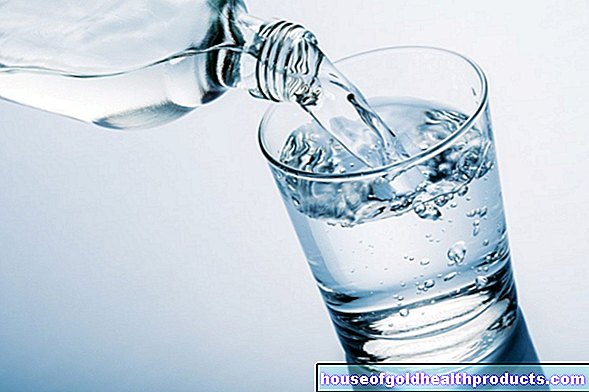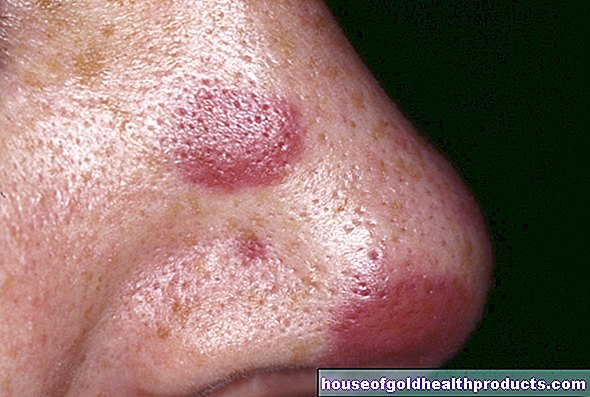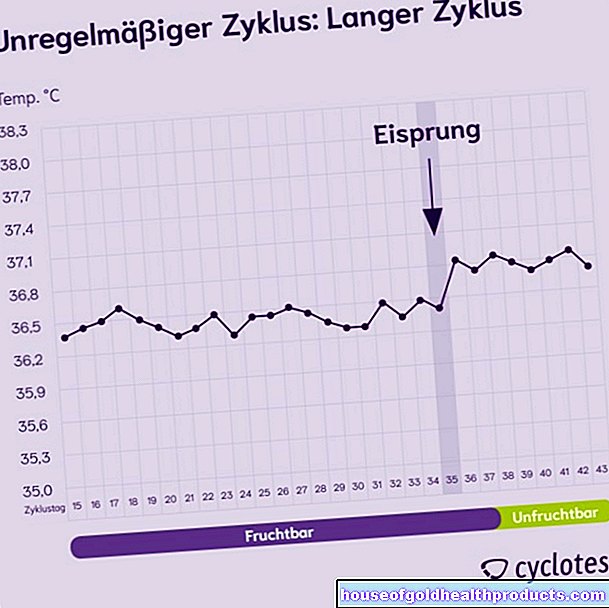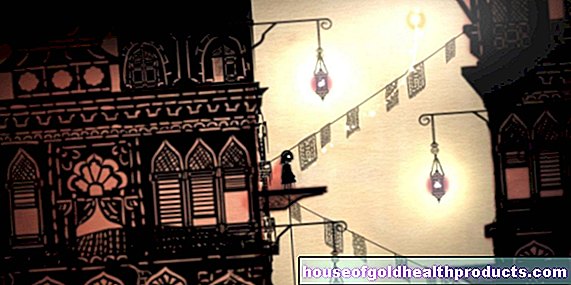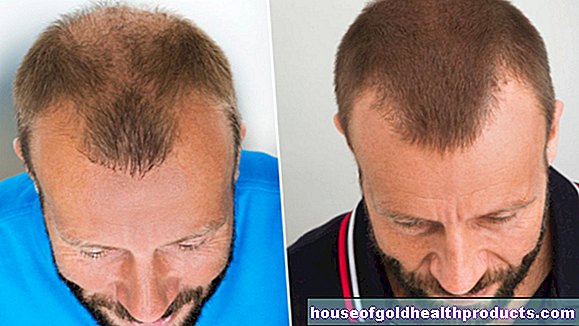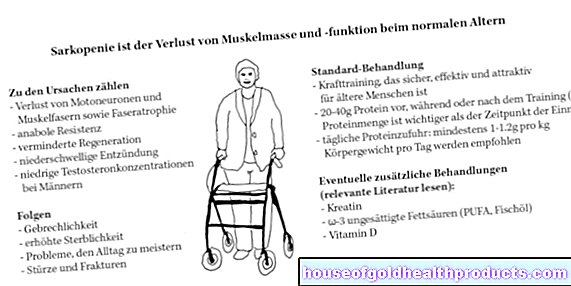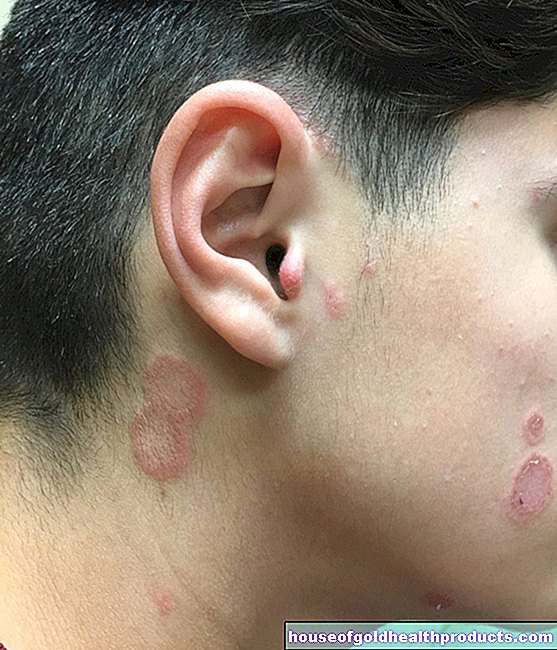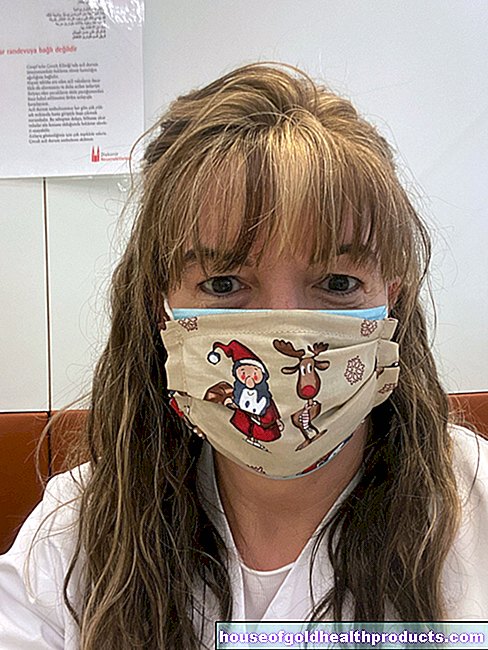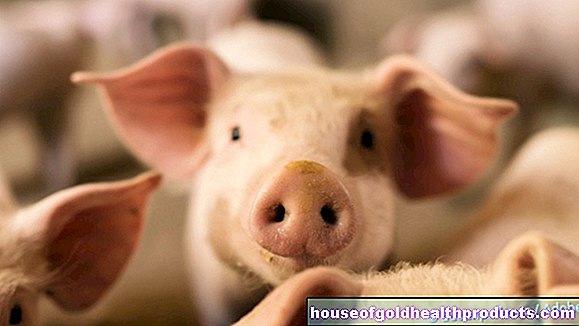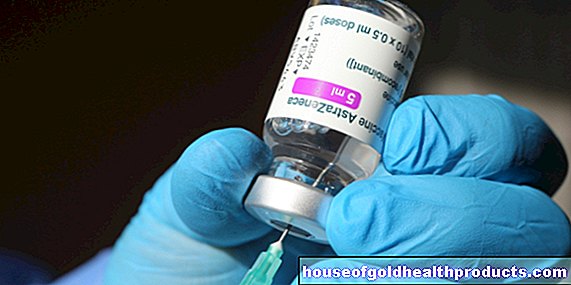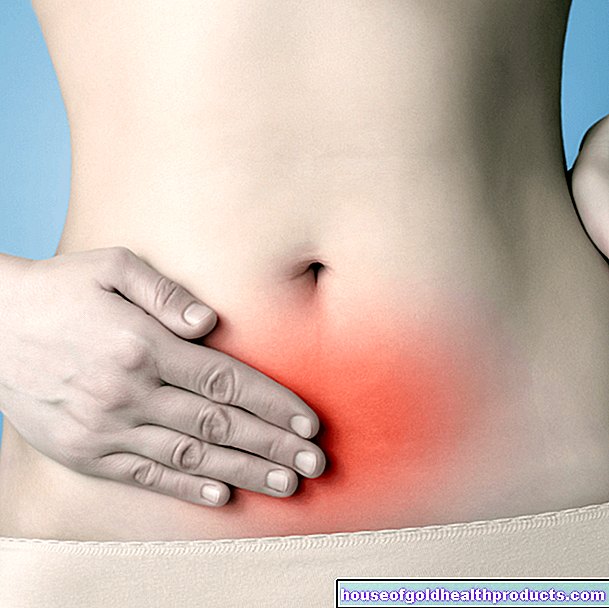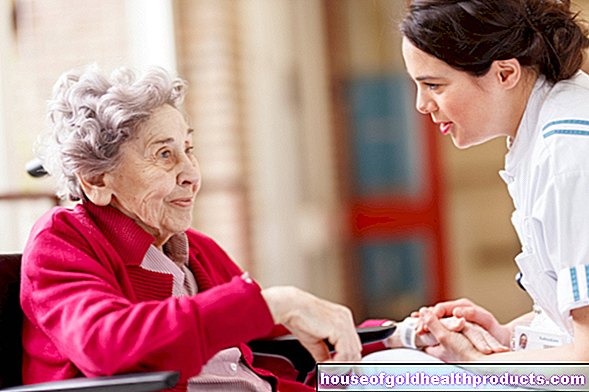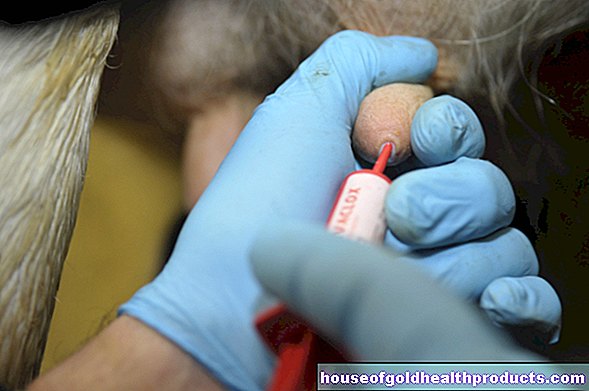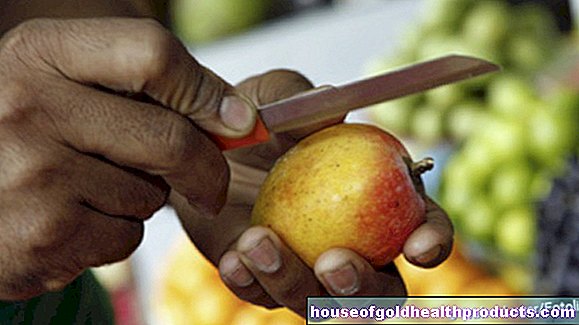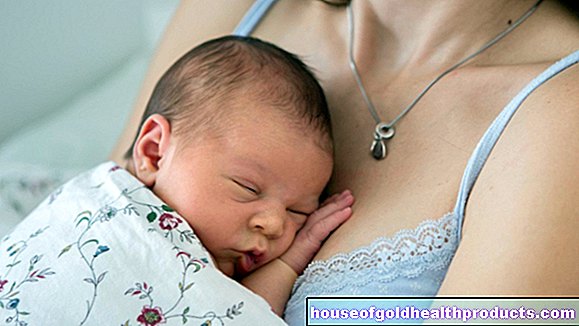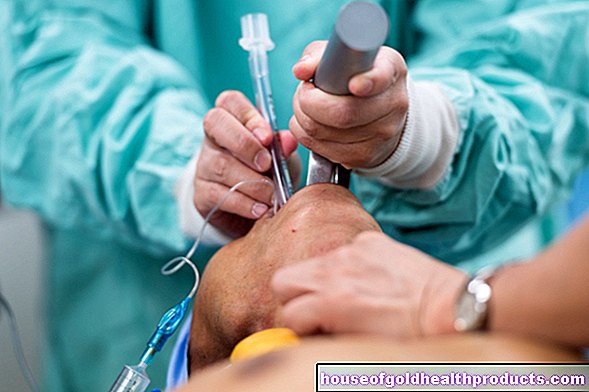Skin cancer paradox: a little sun can protect
All content is checked by medical journalists.MunichChildren's delicate skin is particularly sensitive - also when it comes to UV radiation. But as paradoxical as it may seem, if you were outdoors a lot as a child, you may later develop skin cancer less often.
A team of researchers from Dresden and Ulm led by Prof. Peter Kaskel questioned more than 500 skin cancer patients in detail about their sun exposure. Most of the people affected suffered from either malignant melanoma (black skin cancer) or basal cell carcinoma. The scientists compared their answers with the information provided by a control group of 330 volunteers without skin cancer.
The result: Participants without skin cancer had spent more time outdoors in childhood or as adults than those with black skin cancer - for example when playing football or tennis, hiking, sailing or skiing.
Weaned from the sun
One possible explanation for the phenomenon, which at first glance seems paradoxical, is that people in this country are now exposed to such low doses of UV light that the skin does not even develop its natural sun protection. In addition to the tan, this also includes the so-called light callus - a thickening of the horny layer. The protective mechanisms have helped previous generations not to develop skin cancer en masse, despite working in the field.
But if you rarely expose yourself to the sun and then suddenly catch a high dose of radiation, you will quickly get sunburn. And this drastically increases the risk of malignant melanoma - by far the most dangerous form of skin cancer. "Every sunburn is one too many," says Prof. Margit Huber, who was involved in the study, in an interview with
Risky sunburns
The results of the study are therefore not a license for careless use of UV radiation: "UV radiation causes mutations in the skin cells that can lead to malignant changes," warns the researcher. For example, those who got sunburn more often as a child were 84 percent more likely to develop black skin cancer, according to the study. "Children under two years of age need the most protection," says the researcher.
Things were different with basal cell carcinoma. The total time of sun exposure actually seems to be decisive here. Participants in the study who, for example, worked as farmers every day outside had a four times higher risk of basal cell carcinoma than participants who were less exposed to UV light.
A question of skin type
In line with earlier results, the study was again able to confirm that people with dark skin and dark eyes are less likely to develop skin cancer. How much sun the skin can tolerate depends on the type. Light-skinned people get sunburn faster than darker types. Your skin takes longer to get used to the sun and then remains more sensitive to the sun. (cf)
Source: P. Kaskel: et al .: Ultraviolet exposure and risk of melanoma and basal cell carcinoma in Ulm and Dresden, Germany, European Academy of Dermatology and Venereology, Article first published online: 31 MAR 2014, DOI: 10.1111 / jdv.12488
Tags: hospital Baby Child dental care